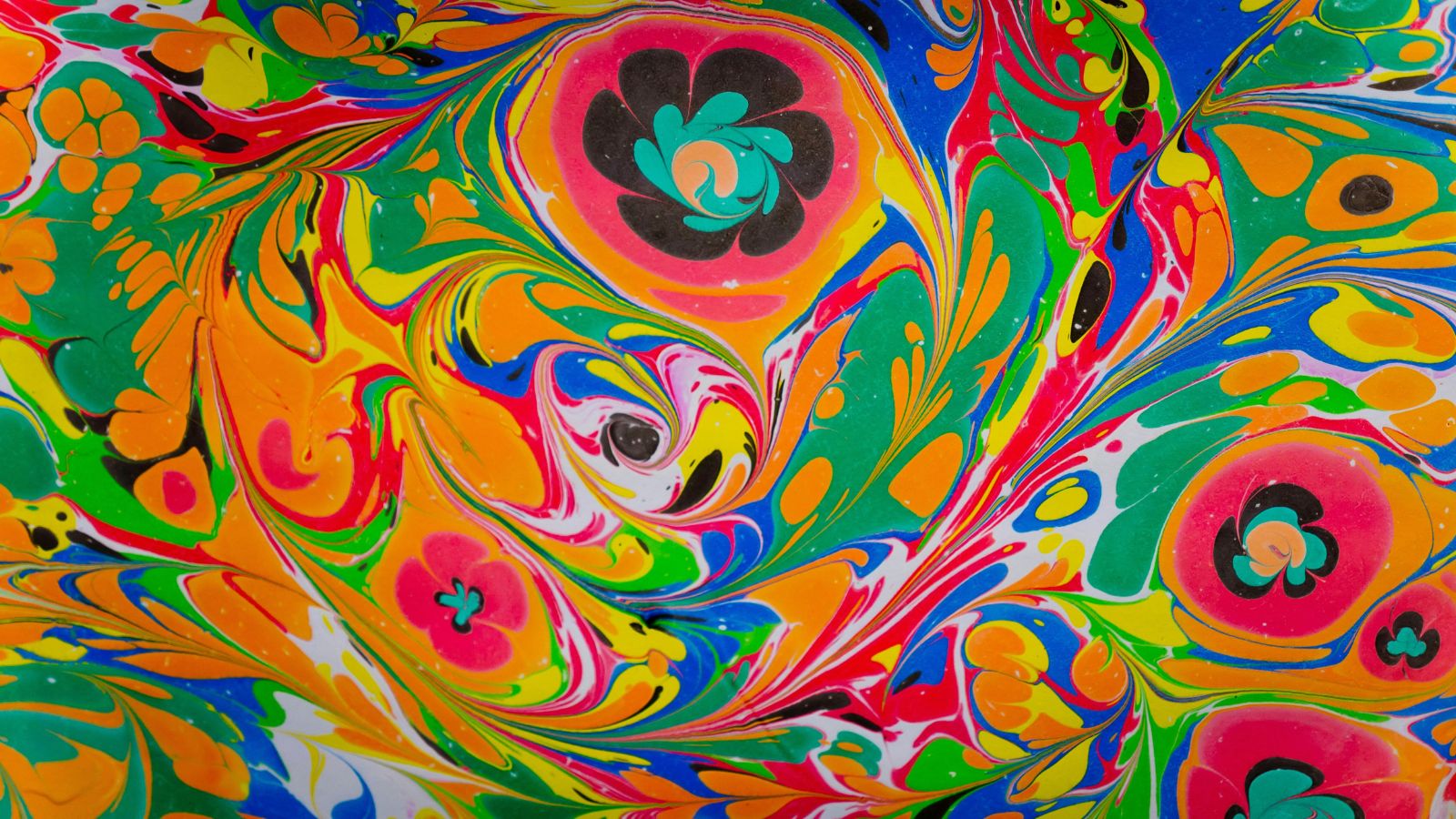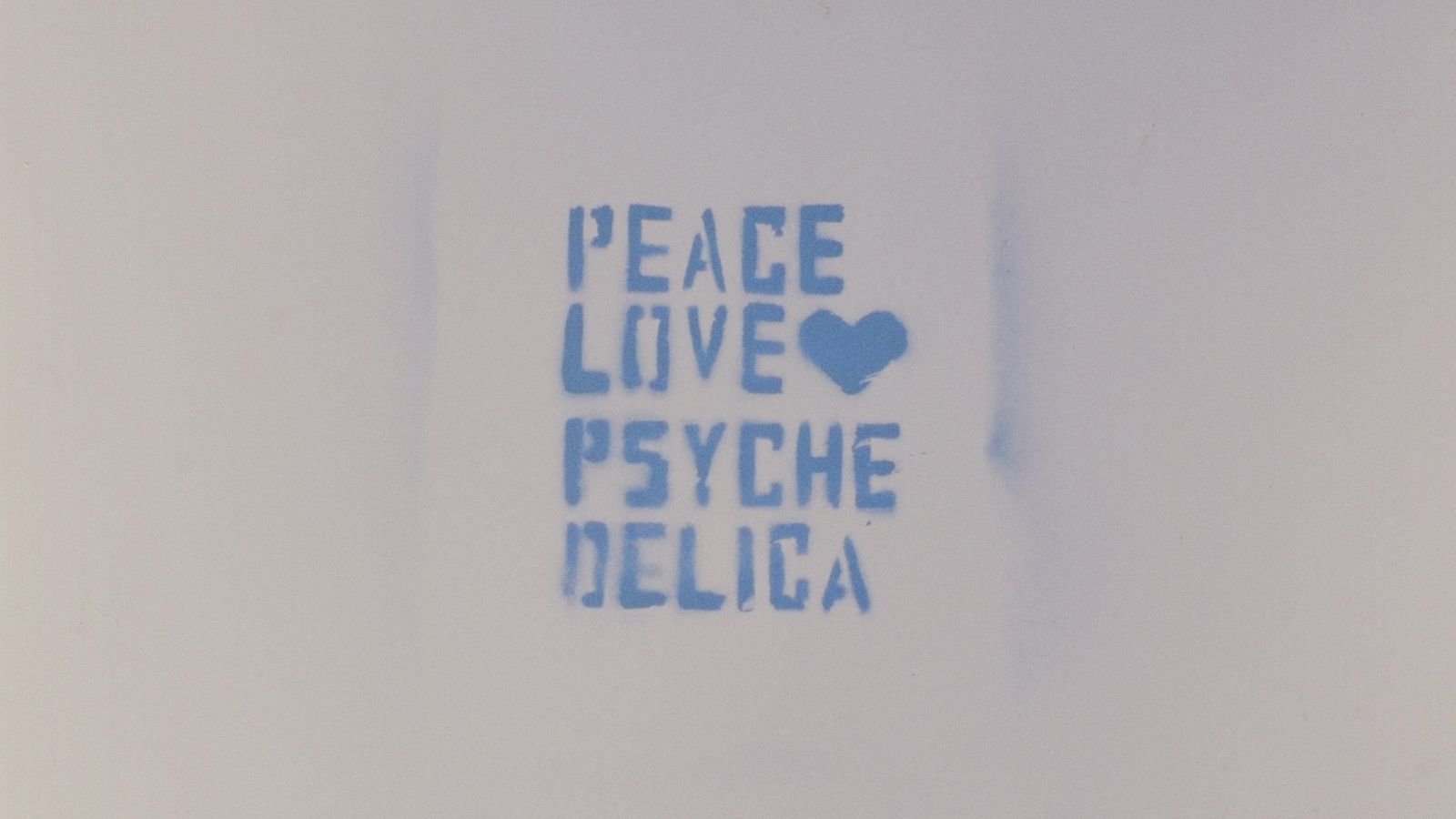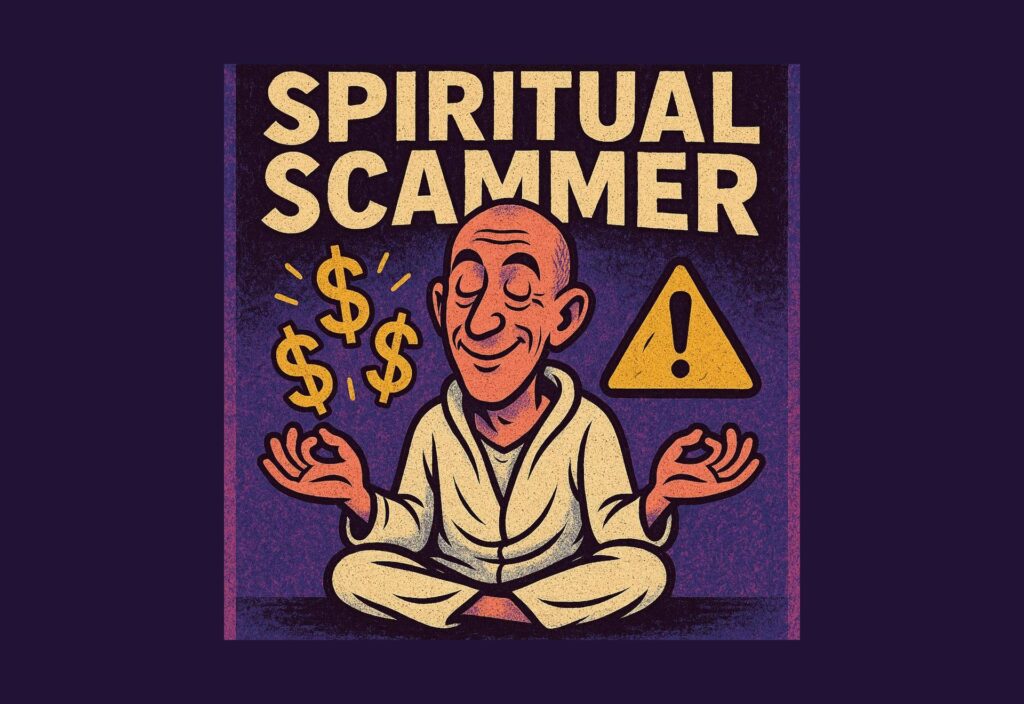There is a growing number of folks who want to have a psychedelic sit-down with their parents. I don’t know if it’s the momentum of psychedelic policy reform or just a spike in mainstream interest, but there is a growing need to develop a shared language for everyone, including your folks. Whether you want to share your experiences, challenge old stigmas, or simply open their minds, figuring out how to talk to your parents about psychedelics can be dicey.
It also needs to be done with accessible and relatable language. The current conversation around psychedelics includes the treatment of depression, anxiety, and the occasional mention of serotonin agonists, but understanding weakens beyond the psychedelic echo chamber. So, how do we build relatability and understanding around psychedelics with our parents?
I began speaking more about psychedelics in 2019, during the Measure 109 campaign in Oregon, but my language really evolved when I came out as a psychonaut to my Southern Baptist parents. Talking to your parents is the best way to build an effective, shared language around psychedelics. Why? Because you hold one of the keys to communication—what holds value for your audience. In most cases, that’s you. Even if you have a bumpy relationship, you are what they care about.

Tips for Talking to Your Parents About Psychedelics
Whether you are a newbie to psychedelics or an experienced guide, this was written for you. It worked well with my conservative parents, but this conversation can be effective with anyone who is unaware, indifferent, or opposed to psychedelics. There are SO many more do’s, don’ts, and nuances to consider, but I’ve culled the key elements of the conversation.
Build a Simple Connection First
Before launching into this touchy topic, take a moment to connect over common ground. Our political systems, religious convictions, and socio-economic structures place heavy emphasis on our differences. So, it can be difficult to highlight and celebrate our similarities.
Build a bridge by reminiscing about shared experiences and what you have in common. This can be a casual trip down memory lane, but it will open their hearts and prime them for deeper conversation. Most importantly, your shared experiences will pave the way for a shared language around psychedelics later in the conversation.
Build a Shared Language Around Transformation
This is by far the most important step. Day-to-day conversations are possible, because we use common terms with shared meaning. To have a conversation about psychedelics, you must reach a shared definition and understanding. But if your parents are like mine, they have no concept of psychedelics or the psychedelic experience.
So, how do we build a shared understanding of psychedelics? By first building a shared language around transformation using non-psychedelic experiences. Your parents will be more open and resonant if you leave psychedelics out of it for now.
Whether they realize it or not, your parents have had at least one instance of transformation in their lifetime. These are watershed moments or life-defining events that left an impression. They are events that enact personal change, big or small. A transformational experience is heart-moving, exciting, difficult, relaxing and restorative, or just plain non-ordinary compared to day-to-day life.
Transformational experiences can also distort your perception of time—a seven-day vacation felt like three days, or a two-hour heart-to-heart conversation with a loved one felt like 30 minutes. Time flying by during a stand-out experience could be a sign of transformation.
Tell a Story They Can Relate To
Now, tell your parents a story. Tell a story around a transformational travel experience, death or birth of a loved one, a huge accomplishment, or falling in love. The more personal the story is, the stronger the connective tissue will be. If you want to move someone’s heart on a subject, tell a heart-moving story and include details that “paint a picture for them.”
We want them to envision your story, not just listen to it, because it is much more impactful if your parents can follow along with their imagination. After all, the word “psychedelic” has Greek roots meaning “mind manifest,” and visually beheld thoughts and memories are what makes the psychedelic experience so profound. So, provide details and use imagery to tell your story.
Your story should describe how it moved you and emphasize how it changed you. Did your experience make you more open, more confident, a better partner, less anxious, or reassess your priorities? This language around transformation will prepare them for a shift in the conversation towards psychedelics.
If you differ with your parents on religion, avoid stories that focus on spirituality and divination—you may offend your parents’ convictions, which can kill the conversation.
My stories of transformation include losing a late-term pregnancy that floored me and my wife and witnessing the birth of my daughter several years later. These were heart-moving experiences that made me feel small in the grand scheme, and the personal changes were profound and surprising.
I became more emotionally open and closer to loved ones, coworkers, and strangers on the street. I also became less anxious, and I didn’t sweat the small stuff anymore, because I experienced something that showed me the bigger picture—a reshuffling of values and priorities. Those non-psychedelic experiences are to date the most psychedelic experiences of my life.
Next, ask your parents about their stories of transformation. Ask for details, because we want them to conjure imagery from their memories. Talk about the personal shifts and changes, and highlight the similarities between their stories and yours. Use psychedelic-leaning language during the discussion, and follow the contour to psychedelics.
Build a Bridge to Psychedelics
Contrary to logic, this is the easy part. You’ve taken a moment to simply connect with them, and you’ve exchanged vivid stories around personal transformation. The proverbial ice has been broken, and it’s melting on the floor. From here, it’s a short arc to psychedelics.
Try one or both of the following: 1) tell them another personal story of transformation that involves psychedelics, or 2) lean on the current conversation around documented benefits, recent studies, and policy changes in Oregon, Colorado, and other parts of the world where psychedelics are legal.
Whatever path you take, use the language from your non-psychedelic story. This language may involve “non-ordinary experience,” “heart-moving,” “deeper meaning,” “shifts in sense of self,” or “deeper connections” with others or the environment. Also, draw direct comparisons between your parents’ stories and the psychedelic experience. The day you were born was a life-affirming, heart-moving experience that shares common ground with psychedelics. Having revisited their own stories of transformation, your parents will begin to see some parallels.
In my psychedelic-adjacent stories of death and birth, I became more emotionally open, which overlaps with “boundary dissolution,” a hallmark of the psychedelic experience. I became less anxious, because I saw the bigger picture, and I had a reshuffling of values and priorities—all operational benefits of psychedelics.
When I spoke with my religious, conservative parents about psychedelics, I was really surprised at their reaction. They didn’t express shock or shame, they expressed genuine curiosity. They had some great follow-on questions, and we had a really engaging conversation about it. Effective communication will yield curiosity—this is the goal.
The big takeaway: to broach the topic of psychedelics, build a shared language around transformation. This will lower barriers to the conversation, and it makes psychedelics more relatable. After all, psychedelics represent just one branch on a family tree of related experiences.

Know When to Pivot
If talk of transformation does not land with your parents, discuss physical benefits, including the anti-inflammatory and immunomodulatory properties of some psychedelics. Since so many ailments are associated with inflammation and poor immunity, the physical upside to psychedelics could be a more practical and relatable subject of conversation.
There are more benefits in the literature, such as relief of cluster headaches and chronic pain, and this article from the National Institutes of Health about the repair of brain tissue. A simple search like “physical benefits of psychedelics” will return more than you need. So, do your homework and be prepared to discuss physical health.
There are other routes that do not involve personal stories of transformation; however, the most effective ways to connect with your parents over psychedelics involve sharing and personal context.
Your parents will probably not book an ayahuasca retreat the next day, but they will have a much better understanding of psychedelics, and you’ll feel more connected to them having had the conversation. Even if you don’t see eye-to-eye on the subject, you’ll have planted a seed—one that might take root in ways you never expected.















